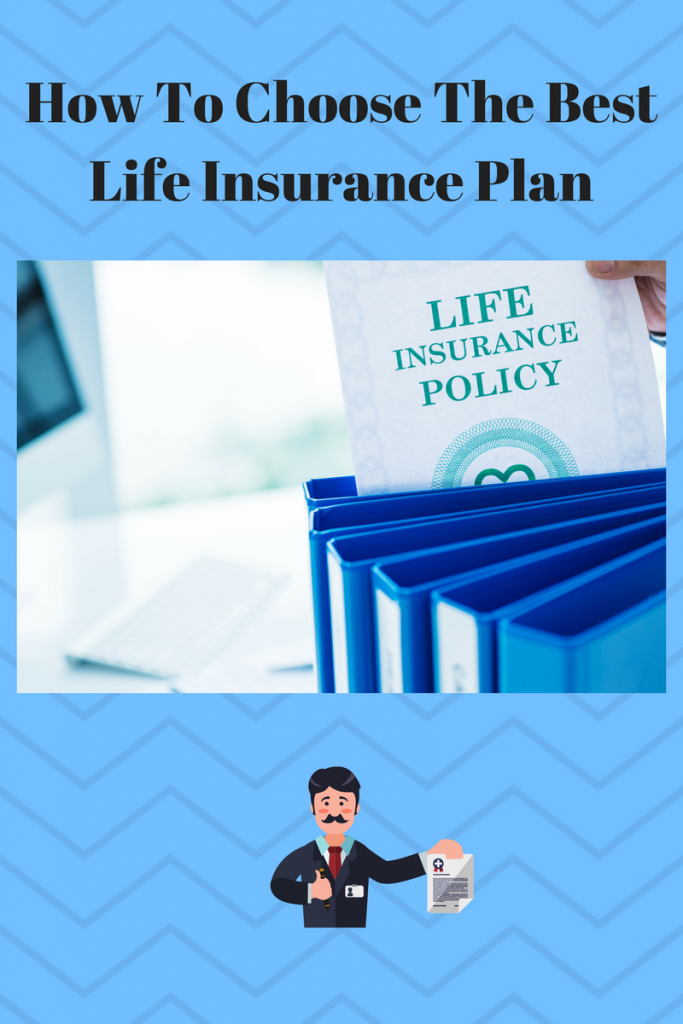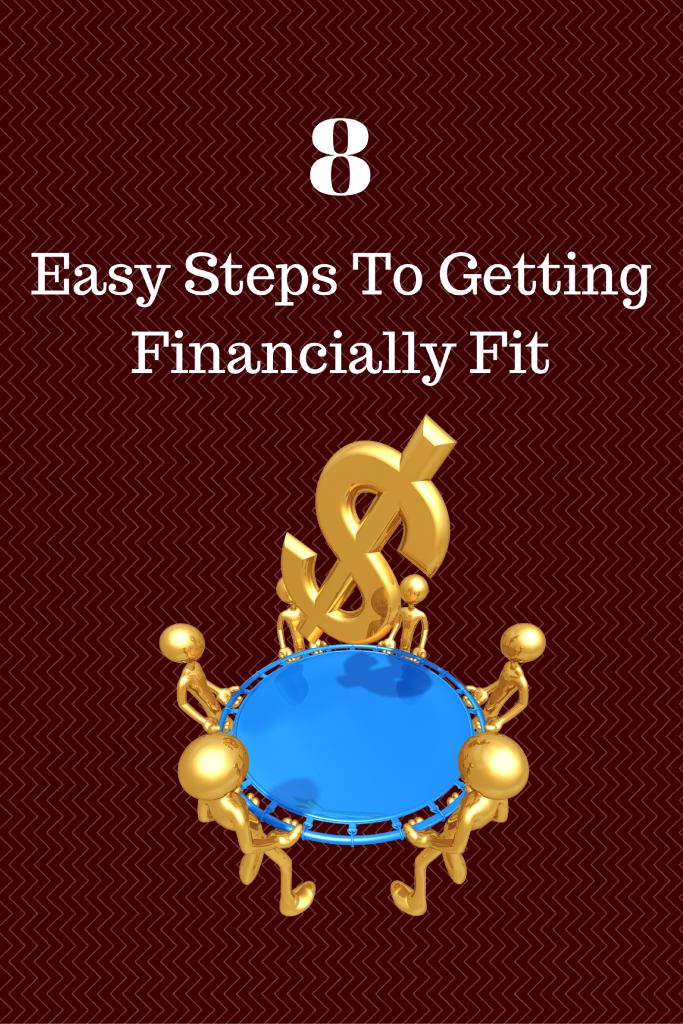
We all know we need life insurance, but it can be difficult to determine what type suits our needs the best. How much to get and when, as well as how long to keep it are all questions worth asking. Fortunately, it’s not all that complicated once you understand your options. Often times the right solution presents itself.
There are two main types of life insurance:
1. Term Life Insurance
Term insurance provides a death benefit during a predetermined number of years. The term will vary, but common terms are usually between 5-30 years. For each term offered, premiums are fixed over the lifetime of the agreement. Premiums are calculated based on many factors. Age and current state of health have the heaviest influence.
● A 10-year term policy for someone age 70 years old will be much more expensive than the exact same policy for someone 40 years younger, even with other things being equal. Similarly, two people who are the same age and gender could pay wildly different premium rates if one is obese and smokes and the other is a marathoner.
● Term life insurance is the least expensive type of life insurance on the market. It works just like car insurance; you pay to be covered and when the term ends or you stop paying, the coverage goes away.
2. Whole Life Insurance
Whole life has a death benefit combined with an investment or savings account. This type of life insurance policy covers you until your death. There is no set expiration date as long as you stay current on your premiums. Premiums can be fixed or variable depending on the details of the policy.
● The premiums are determined based on age, gender, current health, medical history, and more. Whole life policies can have much more in depth up front screening than term policies.
● Whole life is somewhat of a niche product these days. It’s not the optimum financial choice for most folks. While this type of policy does accumulate a cash value over time, the premiums are much more expensive than a comparable term life policy. As a savings vehicle, it isn’t any better than a standard savings account and you can’t easily access the money without penalty.
● The policyholder can borrow money against the cash value of the policy, but this diminishes the value of the payout until the money is paid back. Most personal finance experts consider whole life insurance a poor choice for most people.
Between term and whole life, there are numerous different policy types, including universal life insurance, last-to-die and first-to-die policies that cover both spouses, and many more. If you understand the basic mechanisms of term and whole life insurance, it will be easy to understand any other type of life insurance your insurance agent may recommend.
Evaluate your insurance needs when life circumstances change:
1. Single with no dependents
Most people in this category do not need life insurance unless they have a substantial business or personal debts. One other exception might be if you’re parents are not well off financially and you want a small policy to pay for potential funeral and burial costs.
2. Recently married
Consider how your spouse would fare without your income. If you don’t have children, you may not need life insurance. However, if you are the primary breadwinner and spouse would likely struggle long-term without your salary, it’s worth considering. If you have a new mortgage, you might have to have enough life insurance to cover the balance owed so that your spouse doesn’t have to sell in a hurry during a down market or while they’re underwater.
3. Expecting a baby
Responsible future parents purchase life insurance if they are able to do so without wrecking their finances. Consider how much coverage it would take to cover your take home pay until your children are at least 18 years old.
● Don’t forget that life insurance payouts are generally not taxed. You don’t necessarily need to cover your entire nominal salary, just what you take home. This will help your family to maintain the same standard of living.
4. Retired
Your options for affordable term life insurance will have run out by now. Hopefully you’re out of debt and living a comfortable retirement, so there isn’t anything your grown children or spouse would need to pay off in the event of your death. Don’t forget about funeral expenses though.
● If you do decide to get permanent insurance to the bitter end, now might be the time to end your premiums and take the cash value from policy.
Few people need life insurance every day of their life, but almost everyone would be wise to consider it at various points in their lifetime. Consider the financial impact to your family and any business partners if you were gone tomorrow.


